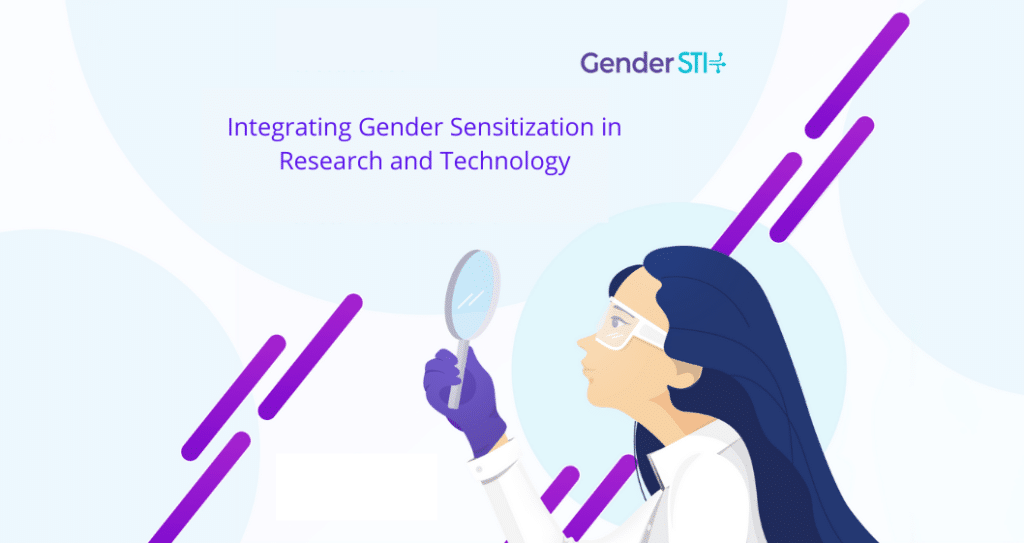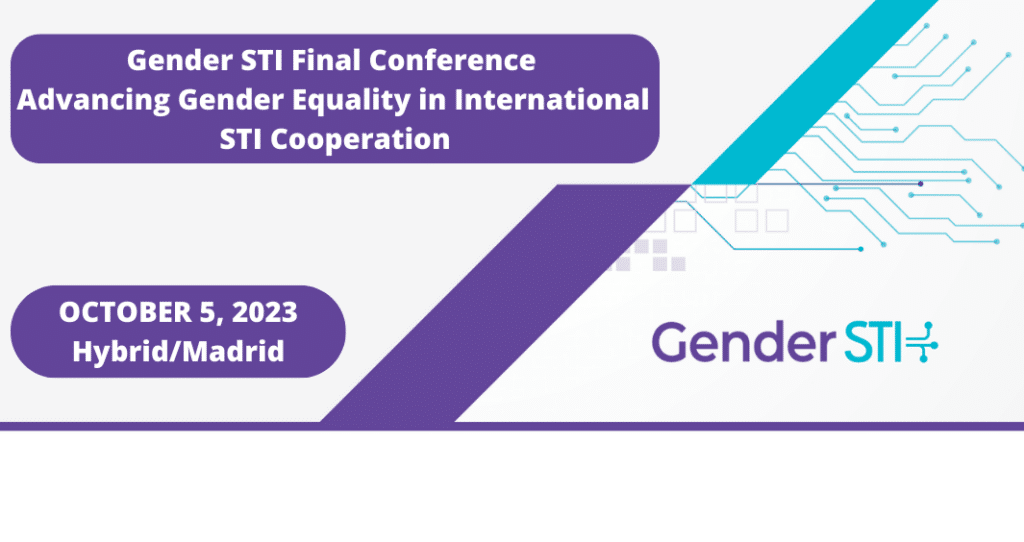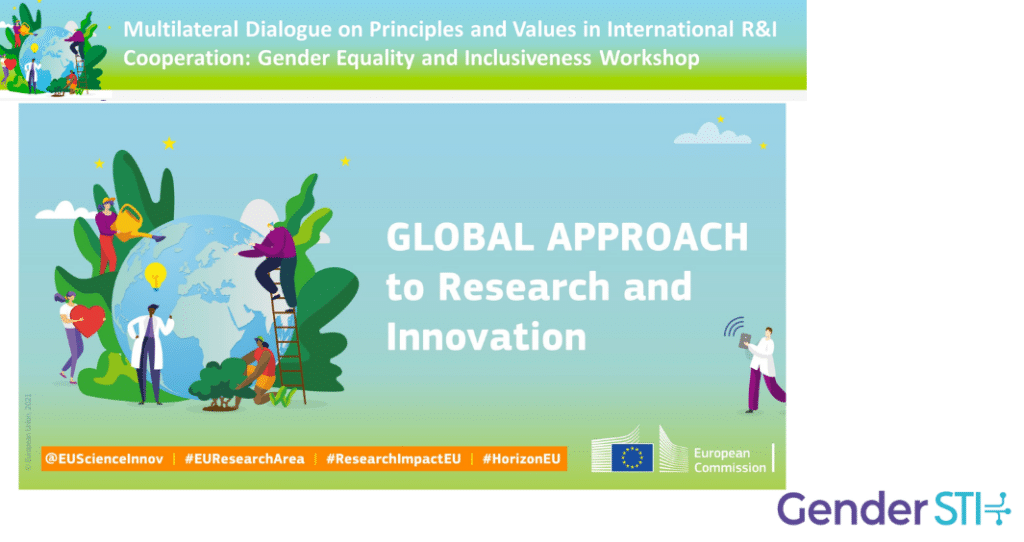For International Women’s Day, the Gender STI project launched #WomenInLeadership, a campaign to celebrate women leaders in science, technology and innovation (STI). Our partners nominated a variety of women leaders who were making a difference in their communities and fields, from professors and researchers to business executives and political leaders.
On the big day, we featured 22 extraordinary women leaders from 11 countries across the globe.
Each woman leader was featured in a profile. We asked them about challenges faced in their leadership journey, their goals as a leader, the advice they would give young women and girls who want to be leaders one day and what we need to do to increase the number women leaders in STI. Their answers are full of wisdom, strength, generosity and inspiration.
Being a leader requires lifelong learning. As such, we’re thrilled to bring you 22 lessons we learned from our amazing women leaders in STI. For Gender STI, the biggest takeaway was clear: We need to advocate for more women leaders. Gender equality is beneficial for all of society, and more women leaders in STI will help take us to places we never thought possible.
Click on the link to read the nominee’s profile in full.
1. Hui Luo: Having a Career and a Family Is Possible
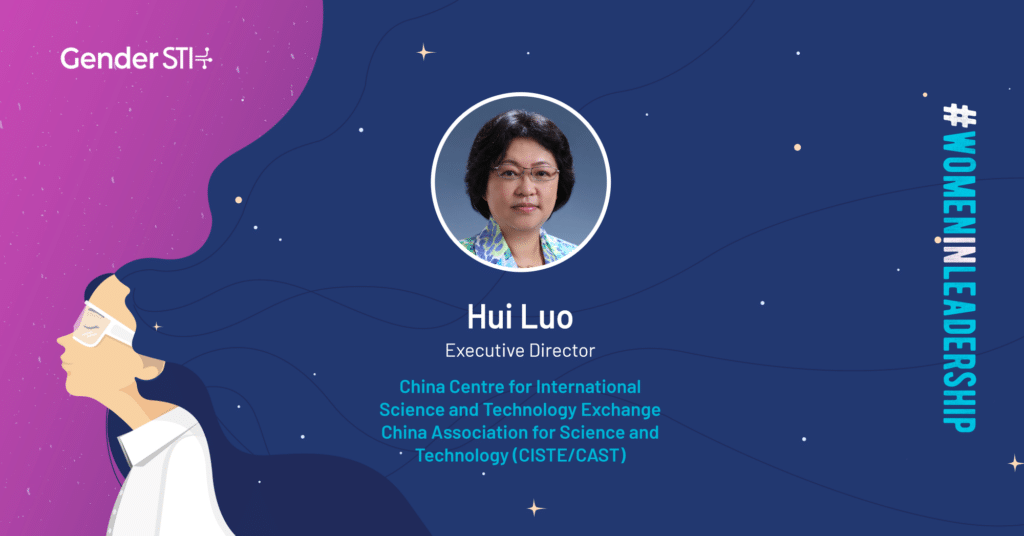
“Some people think that career and family are just like the sun and the stars and that they cannot be shining at the same time; we must abandon one. However, I am committed to managing and integrating career advancement and our son’s education together. I believe it is the continuous observation and study that makes it possible… I am still exploring and determining ways to attain better balance. Often, it is not easy, but the challenge and energy is worth every little bit of effort I give to it.”
Luo is the Executive Director of the China Centre for International Science and Technology Exchange (CISTE) and the New Technology Development Center of the China Association for Science and Technology (CAST).
2. Heisook Lee: Increasing the Number of Women Leaders in STI Begins by Changing Mindsets Early On
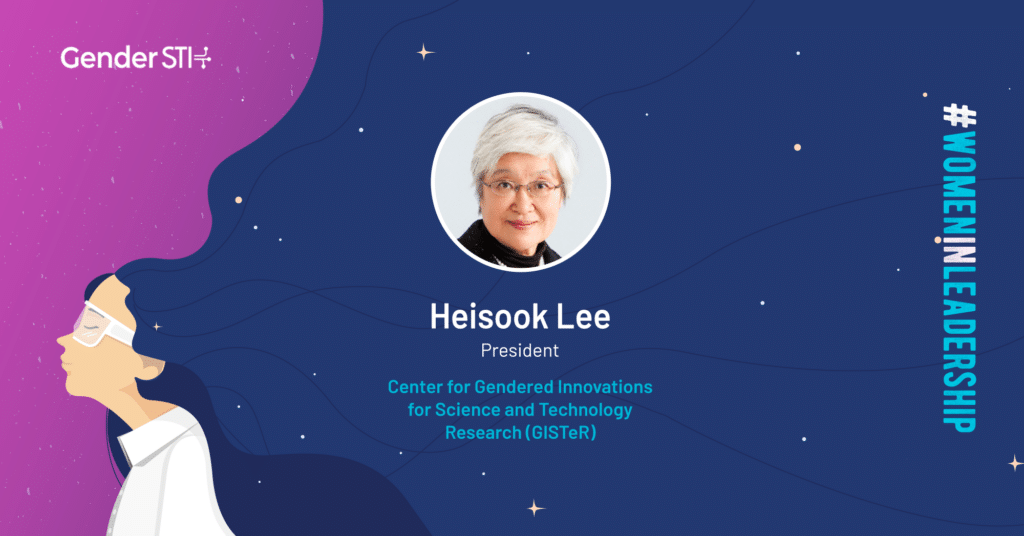
“To increase the number of women leaders in STI, the first step should be to recruit more girls and women into STEM by building an inclusive culture, fighting gender stereotype and biases, and changing mindsets beginning in their early childhood. I would suggest building a mentoring platform that provides lifelong learning opportunities beyond fields and generations. In the platform, women leaders can play a pivotal role by sharing their experience of how they overcame obstacles, empowering other women and mentoring them as role models.”
Lee is the President of the Center for Gendered Innovations in Science and Technology Research (GISTeR) and a Professor Emeritus at Ewha Womans University in Seoul.
3. Tamara Elzein: Gender Equality in Leadership Requires Bottom-Up and Top-Down Approaches
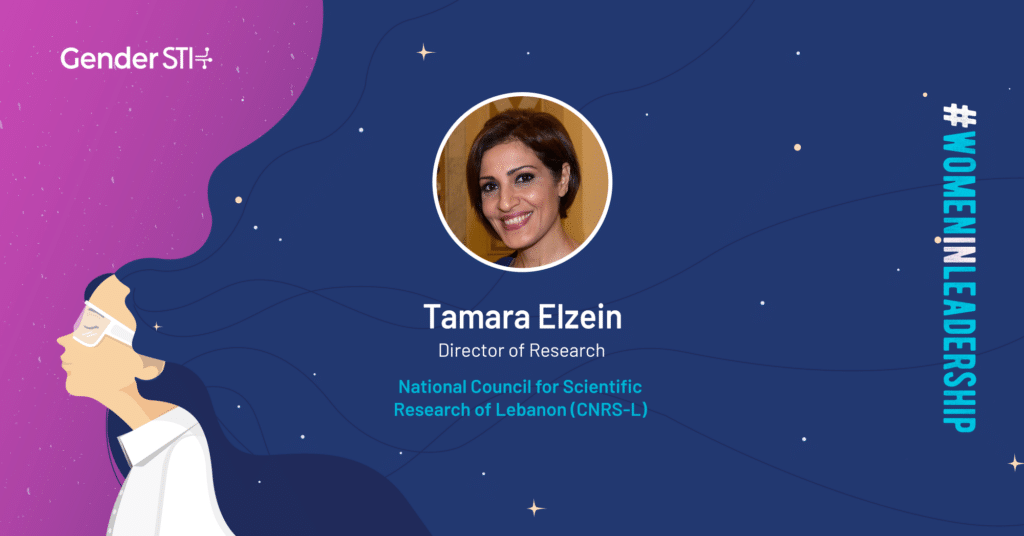
“We need to adopt bottom-up and top-down approaches. We need to promote science and technology careers among girls and young women, to put in place empowerment and capacity building programs, and to build networks that shed light on women’s achievements. On the other hand, institutions and political authorities must make the effort to adopt egalitarian policies to promote women in decision-making positions.”
Elzein is currently the Director of Research at the National Council for Scientific Research of Lebanon (CNRS-L) and the Director of the National Doctoral Fellowships Program.
4. Vikki Ho: Don’t Deprive the World of an Idea That Can Only Be Ignited by You
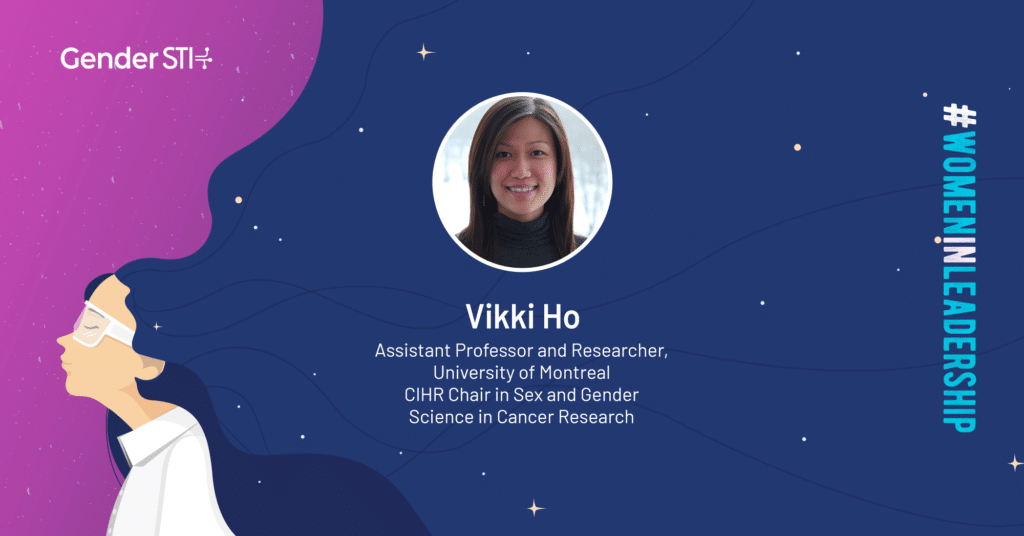
“I would say that we all have something worthy to contribute and that science benefits from having a diverse group of people around the table. Your voice and your opinion are a unique combination of your upbringing, intellect and you! By doubting yourself, you are depriving the world of an idea that can only be ignited by you. Women bring something different to the table in terms of the way we interact and the way we approach issues. We should be proud of our differences and make sure they have an impact.”
Ho is an Assistant Professor and Researcher at the University of Montreal and the Hospital Research Centre. She holds the Canadian Institutes of Health Research’s Chair in Sex and Gender Science in Cancer Research.
5. Cristiani Vieira Machado: Family Support Can Be Crucial to Reconcile Work, Research and Motherhood
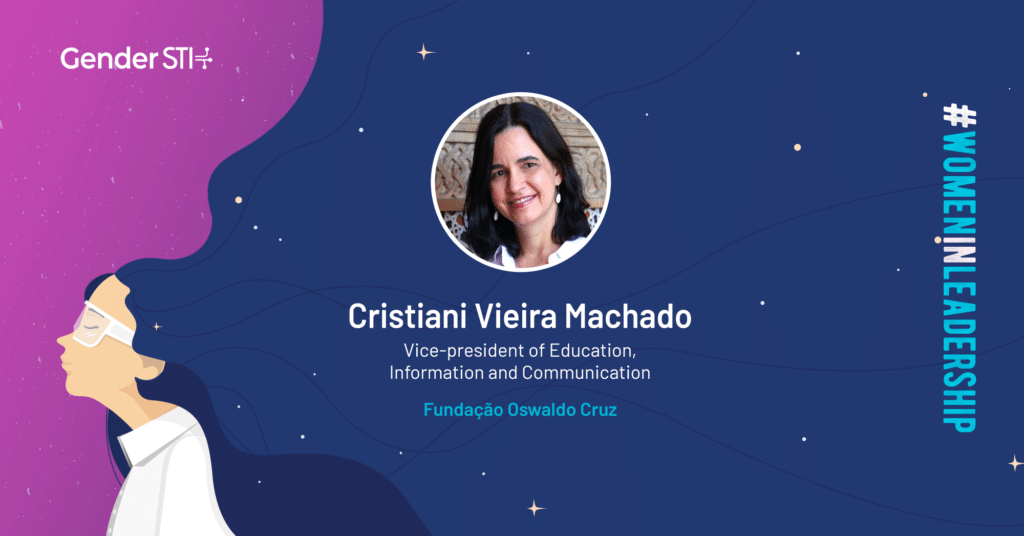
“My two daughters were born while I was a Ph.D candidate, and family support was crucial to face the challenges of conciliating work, study and maternity. I think that I overcame the main obstacles with persistent and hard work, and by believing in teamwork. I also was inspired by other women, and I had a lot of support from my family, academic supervisors, professors and colleagues (especially from other women).
But, as a middle-class woman born in a big city (Rio de Janeiro), in a very unequal country, it is important to recognize that most women face a lot more difficulties and obstacles than I did, such as black women and poor women living in regions or areas with less opportunities. And I feel responsible, as a scientist and a public official, to take action to change this unequal and unfair scenario.”
Machado is the Vice-president of Education, Information and Communication at Fiocruz. She is also a public health researcher.
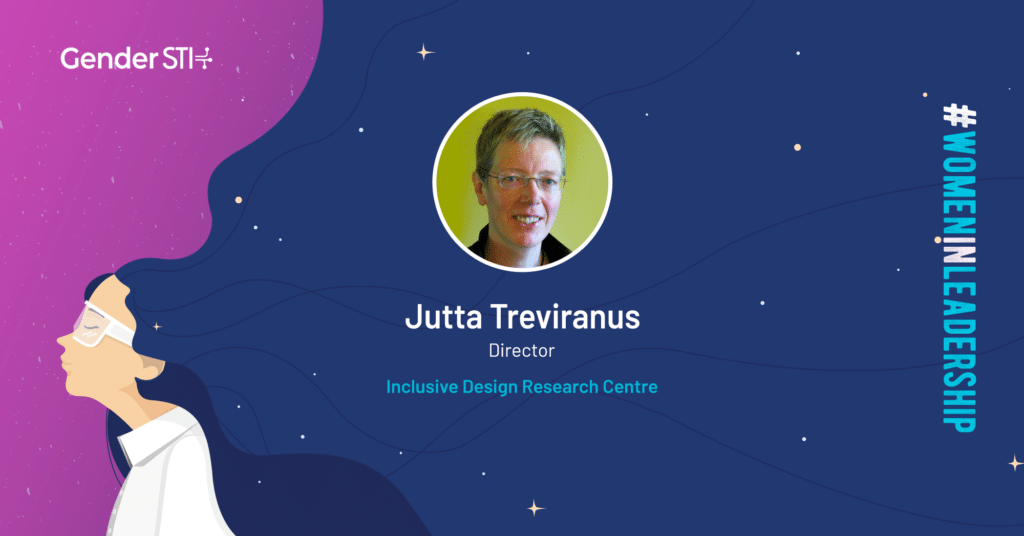
“My goals as a leader echo my goals as an inclusive designer. My goal is to foster a very diverse and inclusive community. I want to create a community that includes the widest spectrum of perspectives and enables the full participation of people with lived experience of the margins of our society. That is how we foster dynamic resilience, and a community that can learn from mistakes, has more innovative choices, is cognizant of the weak signals of issues to come, and cares for us during inevitable crises.”
Treviranus is the director and founder of the Inclusive Design Research Centre (IDRC) and professor at OCAD University in Toronto, Canada.
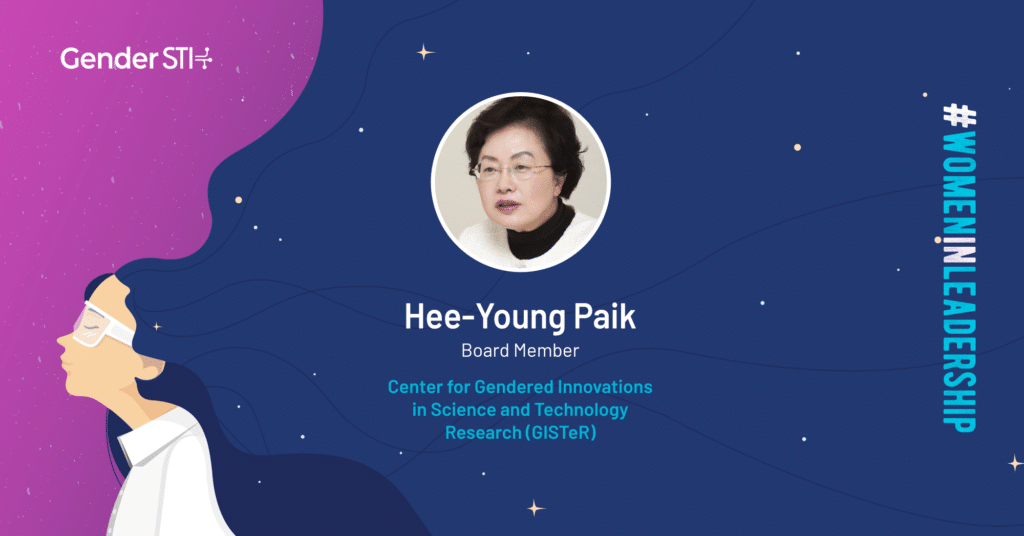
“First, we need to increase women in science and technology (S&T) fields. Currently, we have fair proportion of women in biological fields, but not in math, physical sciences and engineering. We need much more advances in technology fields.
Second, we need to encourage women to go into leadership positions. Since women tend to take more responsibilities at home, women in S&T are exhausted, and tend not to prefer to take any positions with responsibilities. We need practical ways to help with housework and family responsibilities so that women in S&T would not hesitate to take more responsibility.”
Paik is a board member of the Center for Gendered Innovations in Science and Technology Research (GISTeR) and a Professor Emeritus at Seoul National University in South Korea. Paik served as the South Korean government’s Minister of Gender Equality and Family from 2009 to 2011.
8. Stefanie Lindstaedt: Create a Vision of Yourself, and Then Make It Come True
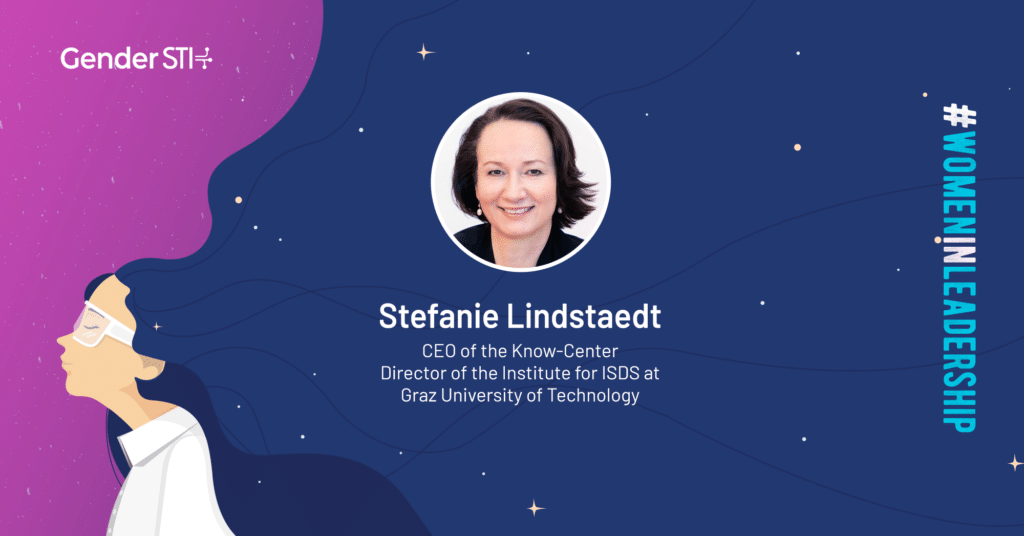
“Believe in yourself, your ideas and set challenging goals for yourself. Find like-minded people to work together and develop new ideas. Young girls and women are often told that striving for power is bad. But power implies the chance to follow your own vision. Question yourself, what kind of vision of yourself would you like to see come true? And then, go for it.”
Lindstaedt is the CEO of Know-Center Graz and Director of the Institute for Interactive Systems and Data Science (ISDS) at the Graz University of Technology.
9. María Fernanda Cabrera: Don’t Conform or Pretend to be Somebody You’re Not
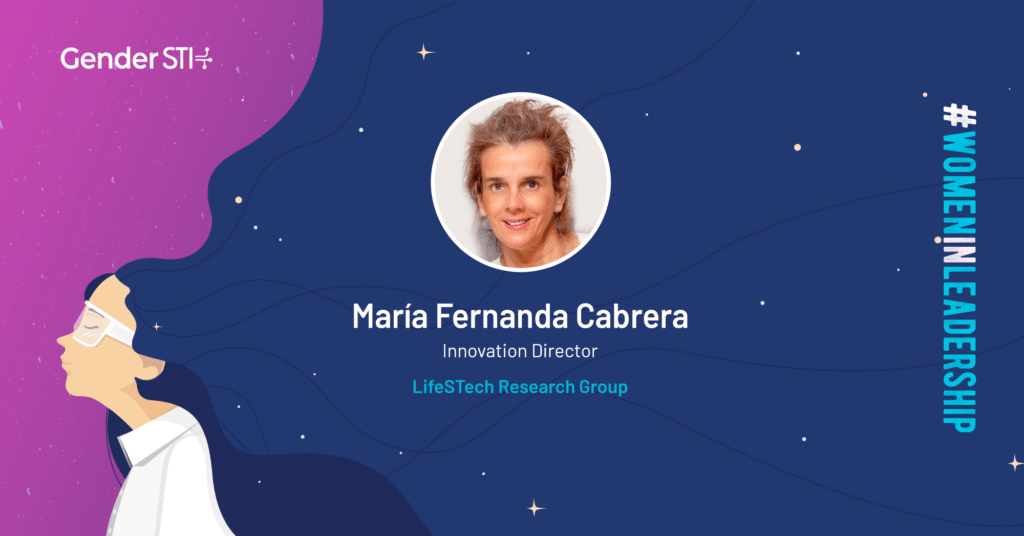
“I would tell [young girls and women] not to conform or pretend to be somebody they are not. They should focus on their strengths and abilities, do what they think is right and, most importantly, remain authentic. In my opinion, this will inevitably make them excel.”
Cabrera is the Innovation Director of the LifeSTech research group and an Associate Professor at the Telecommunications School at the Universidad Politécnica de Madrid.
10. Judy van Biljon: The Quest for Women’s Equality Is a Marathon, and Each One of Us Have a Lap to Run
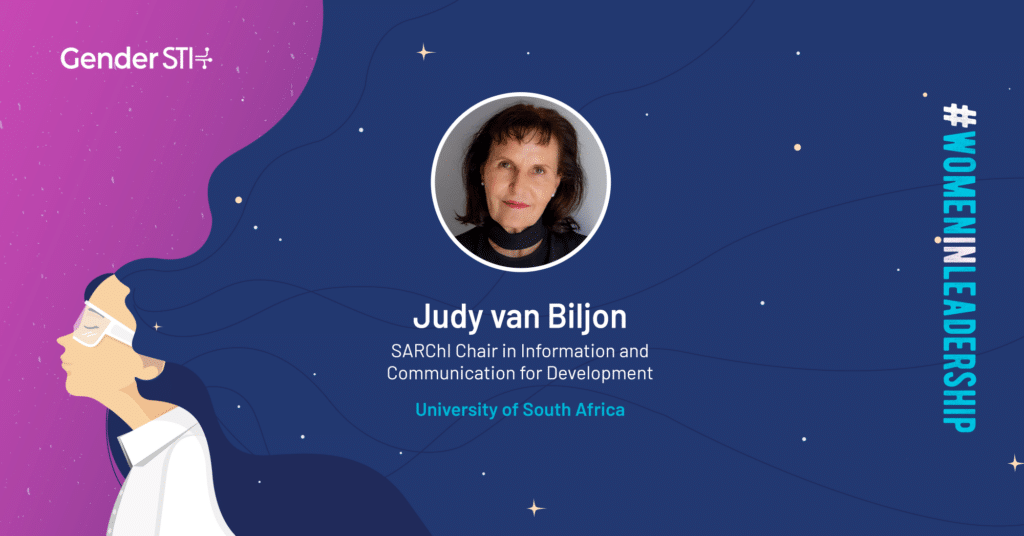
“Gendered power imbalances are centuries in the making and lie deep within our social fabric. The quest for women’s equality is a marathon, not a sprint and each one of us have a lap to run in this equality relay race. The contribution lies in receiving the baton, competing hard to close the gap and then leaving the next woman competitor in a better position. We may not achieve equality in our time, but we will forever be part of the women who contributed towards equality in science, technology and innovation.”
Van Biljon is a Professor of Information Systems and holds the National Research Foundation’s Chair in Information and Communication for Development hosted by the School of Computing at the University of South Africa (Unisa).
11. Neeloffer Mookherjee: Leaders Are Not Created Alone
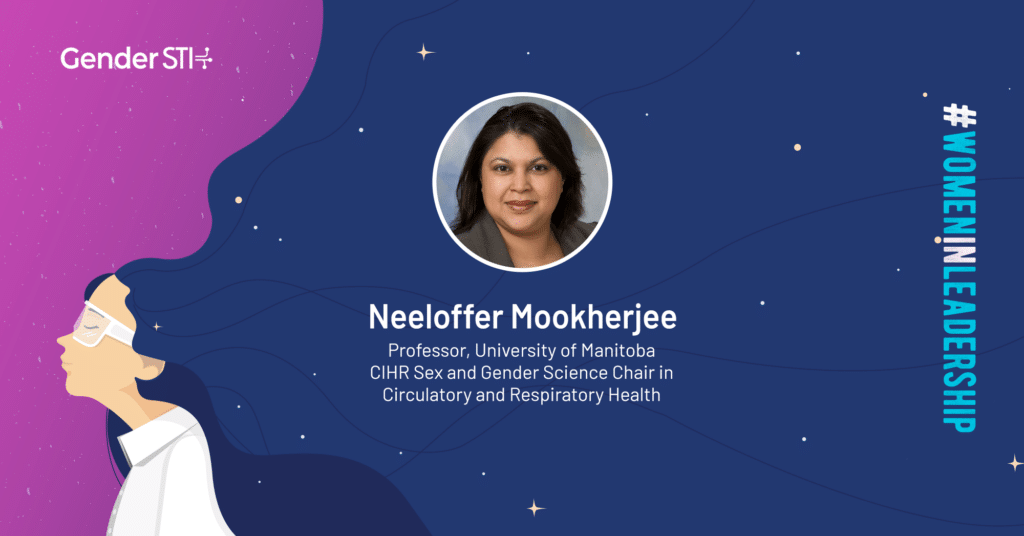
“[R]emember it takes a village; work together, hear each other, and as a leader promote the voices of women who feel they don’t belong. To me the most important skills as a leader are that of empathy and the ability to listen.
We all need mentors, at all stages, albeit mentors change as we evolve in our careers. To that end, I would encourage women to seek out mentors, as well as pay it forward by becoming a mentor to women in your professional field. You will always have younger women and girls coming up behind you who can benefit from your experience, no matter the level you are currently at.”
Mookherjee is a Professor at the University of Manitoba in Canada and the Canadian Institutes of Health Research's (CIHR) Sex and Gender Science Chair in Respiratory Health.
12. Patricia Ellen: Girls Can Be Leaders in Anything They Want to Be
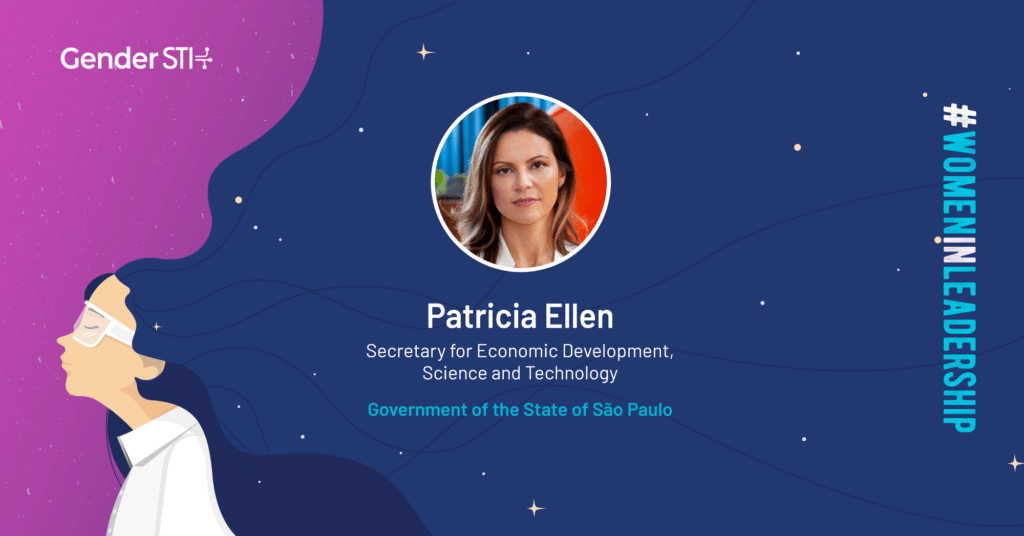
“Although we still have a long way to go, we must acknowledge that a great effort has been put into raising awareness about how girls can be anything they want to be. To that, I’d add that “girls can be leaders in anything they want to be.” It is important to include the word “leaders” in that, so that young girls understand that that can not only become scientists but also lead science and technology decision-making. Inspiring others, coordinating teams, solving complex problems and other responsibilities like that are part of being a leader and we are not used to teaching young girls to aspire such things, but we can do that.”
Ellen is the Secretary of Economic Development, Science and Technology for the State of São Paulo.
13. Kiran Mazumdar Shaw: The Funnel Effect Is What Needs to Be Stopped
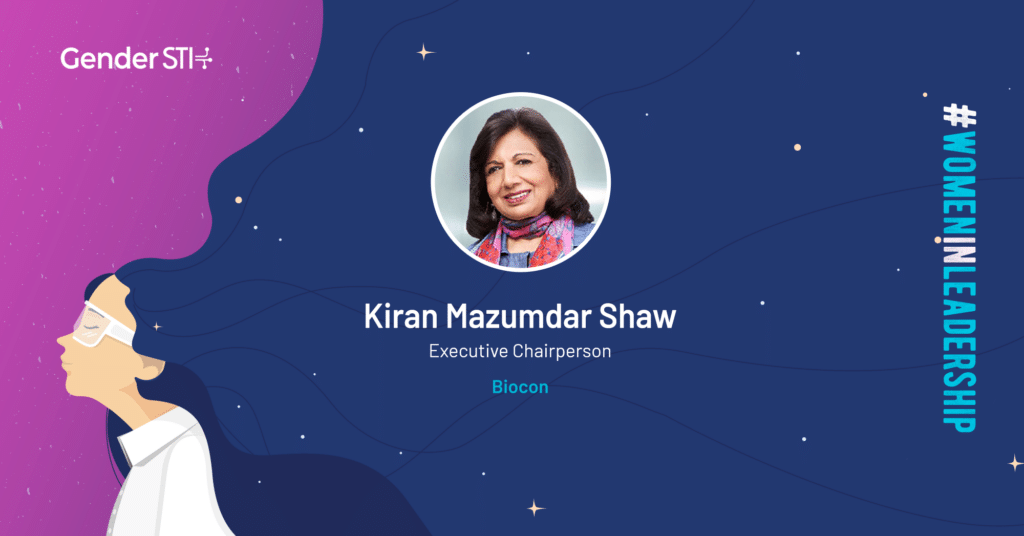
“We clearly see that entry level is not the problem. The funnel effect is what needs to be stopped. Focus on policies that incentivize both men and women to support gender balance initiatives.”
Mazumdar Shaw is the Executive Chairperson of Biocon, India’s largest biopharmaceutical company. She is a first-generation entrepreneur and global business leader with over four decades of experience in biotechnology.
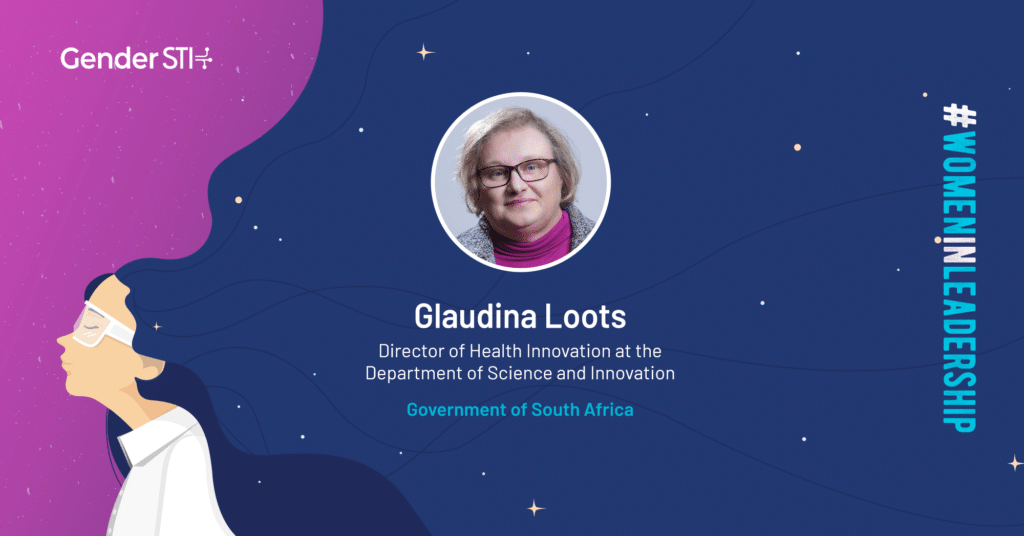
“[It] is important to focus on your dreams and to strive for what you feel is important. Achievements by women in science leadership positions are made all the more valuable as aside from overcoming difficult paths to get there, you made it easier for the next group of young women to follow and further progress the field.”
Loots is the Director for Health Innovation at the Department of Science and Innovation in South Africa.
15. Salma Jalife: Women Should Relate to Other Women Leaders in the Fields They Want to Pursue
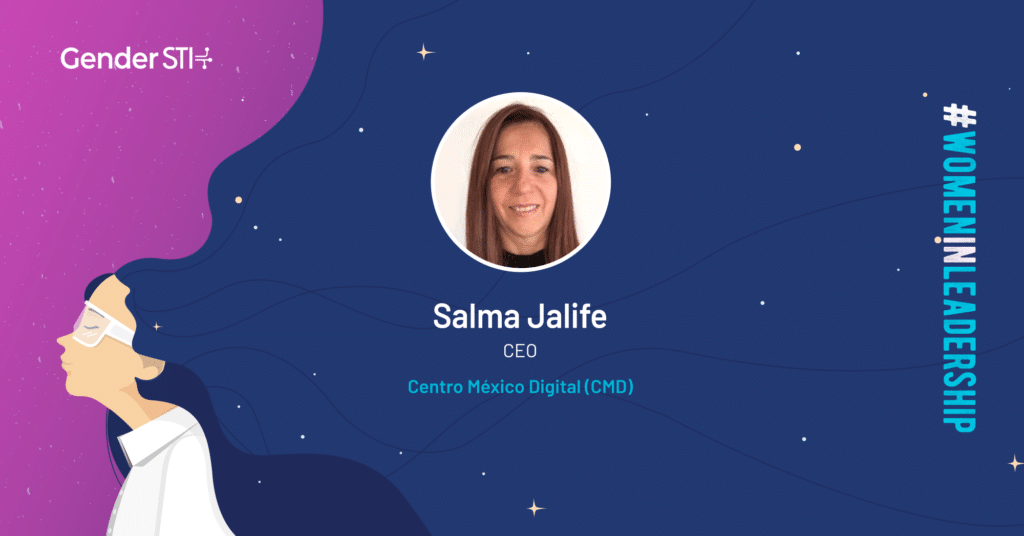
“While there are increasingly more girls entering STEM careers, there are still biases, social norms and family expectations, factors they must face in order to be able to succeed as leaders. However, it is very important that they do not leave their dreams to become what they believe they can be in the future. I suggest they relate to women leaders in the field they want to pursue, seek mentoring from women groups in their social networks, read success stories about women overcoming discrimination and barriers to become leaders, and above all, focus on accumulating knowledge and expertise in their academic development. Teachers, men and women, who promote growth for young girls and women are great allies.”
Jalife is the CEO and founder of Centro México Digital (CMD). Previously, Jalife was the Subsecretary of Communications in the Department of Communications and Transport of the Mexican government.
16. Padma Kaul: "Young Women Shouldn't Be Disheartened If They Are Not Successful at First"
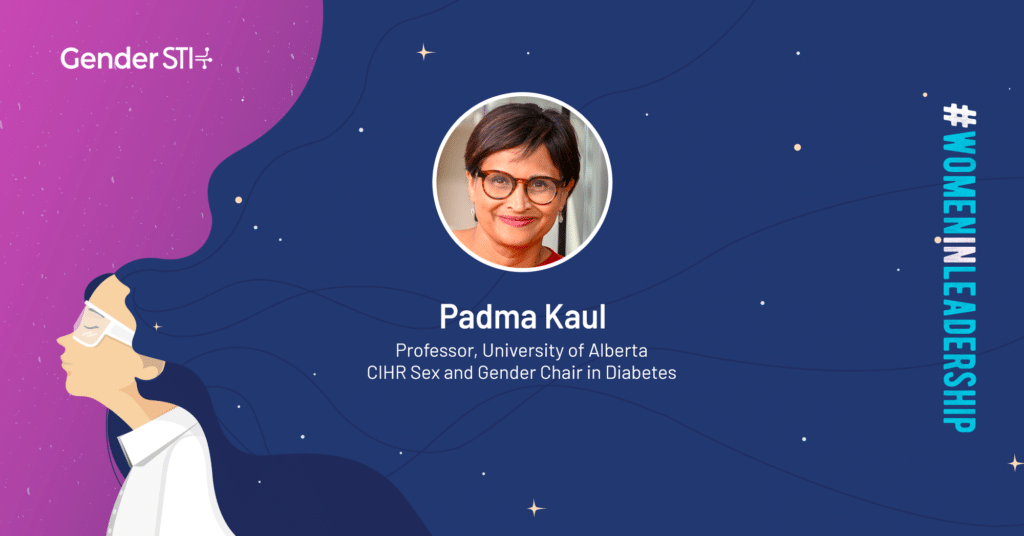
“I would say to young girls what I say to my two teenage daughters: do well in math, pursue science subjects (physics, chemistry, biology, computer science) in high school and beyond.
To young women starting their professional careers, I would tell them to find good mentors and role models; to be persistent in their efforts and not be disheartened if they are not successful at first.”
Kaul is a professor at the University of Alberta, an adjunct professor at Duke University and the co-director of the Canadian VIGOUR Centre. Kaul is the CIHR Sex and Gender Chair in Diabetes and the Heart & Stroke Chair in Cardiovascular Research.
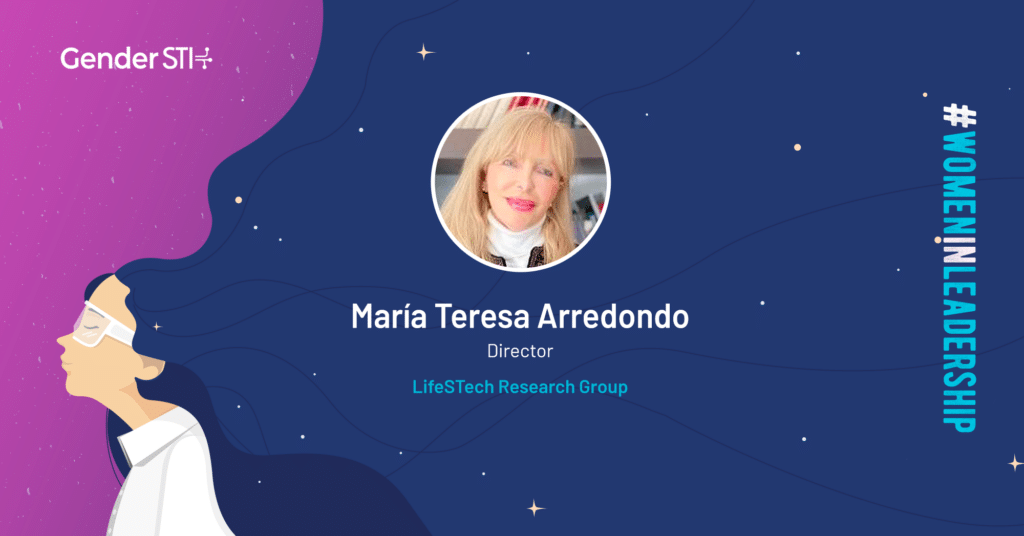
“Let's not let some issues that have traditionally been a problem—such as motherhood, marriage, life as a couple, or the different social paradigms that are still behind regarding the role of women—keep us from our happiness. Because I have a family, I have children and many other women do too; and I believe that we all have the right to feel fulfilled and to achieve the goals that we propose in life, regardless of gender, social class or ethnicity. We all have the right to live our dreams. And I think that when you know what you want, you can get it.”
She is the director and founder of the LifeSTech Research Group and a biomedical engineering professor at the Universidad Politécnica de Madrid.
18. Liedi Bernucci: Leaders Don’t Have to Be 100% Prepared to Lead
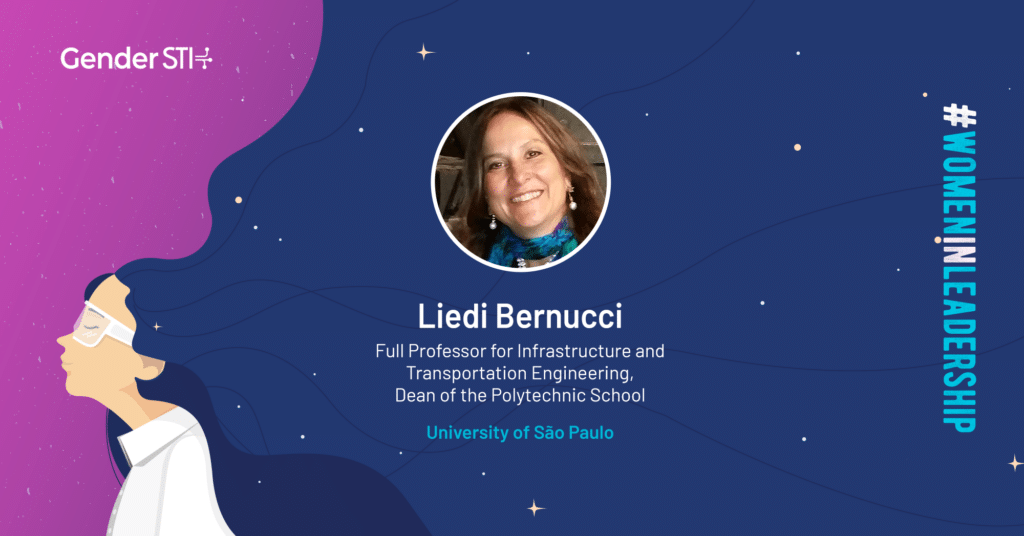
“We need to have more women in all sectors. I think we have to say that they don't need to be 100% prepared to lead, as they will learn by doing their work. Nobody knows everything before they are working and experiencing leadership.”
Bernucci is the Dean of the Polytechnic School of the Universidade de São Paulo and a Full Professor for Infrastructure and Transportation Engineering.
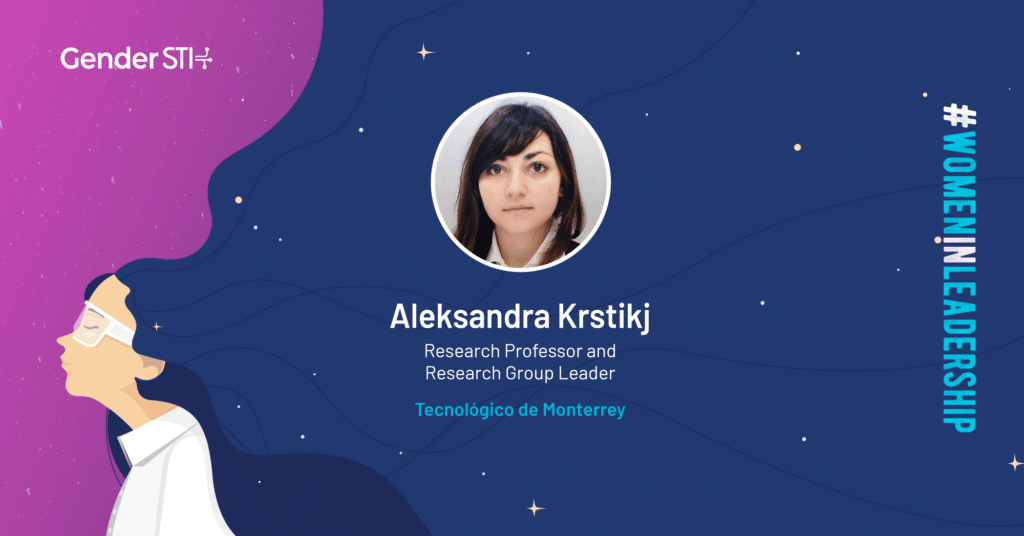
“It is not only about opening more job positions for women leaders in STI. Women in different parts of the world have different cultural and social norms which restrict their development. Thus, I think policies about gender balance in STI have to be accompanied by more culture-sensitive supportive infrastructure that will create the conditions for a woman to have the choice of pursuing a career in STI and becoming a leader.
Moreover, even though the number of women in STI might have increased, little has been done to ensure equal wages and consideration of maternity responsibilities for women in leading positions.”
Krstikj is a full-time research professor at Tec de Monterrey's School of Architecture, Art, and Design. She is also the leader of the national research group (GIEE) "Sustainable Territorial Development" of the School of Architecture, Art and Design at Tec.
20. Rocío Ortiz López: Institutions Should Educate, Prepare and Train Women for Positions
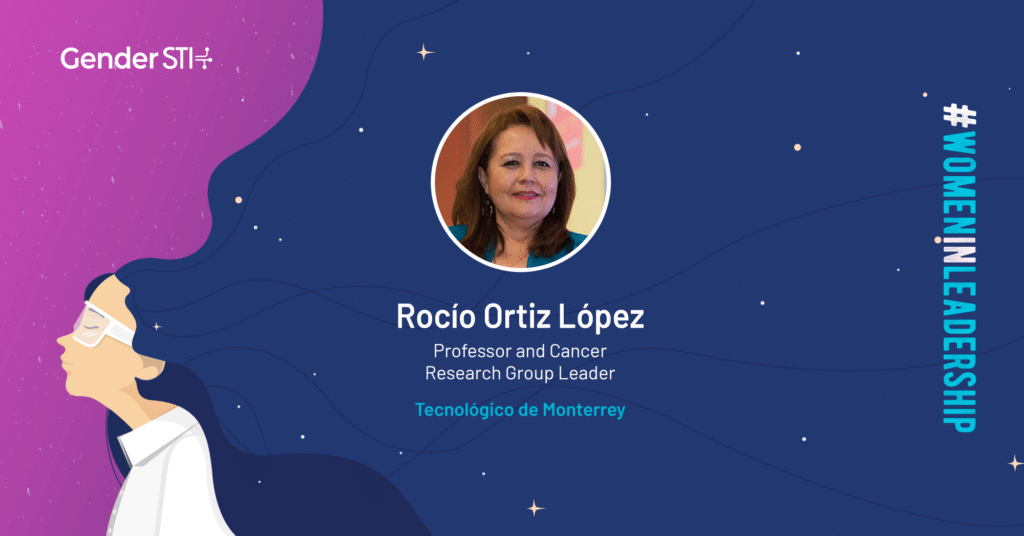
“If there are jobs where women constitute a minority and there are no female candidates to fill vacant positions, companies and institutions should undertake the task of educating, preparing, and training women to fill these positions. There should be policies in place so that executive or leadership positions are rotated between men and women.
This way, women would genuinely be encouraged to participate equitably in any position in STI and, in consequence, it would promote an increase of women leaders in these fields.”
Ortiz is professor at Tec de Monterrey and leader of a cancer research group.
21. May D. Wang: To Overcome Bias, Be Nice, Assertive and Extremely Technically Competent
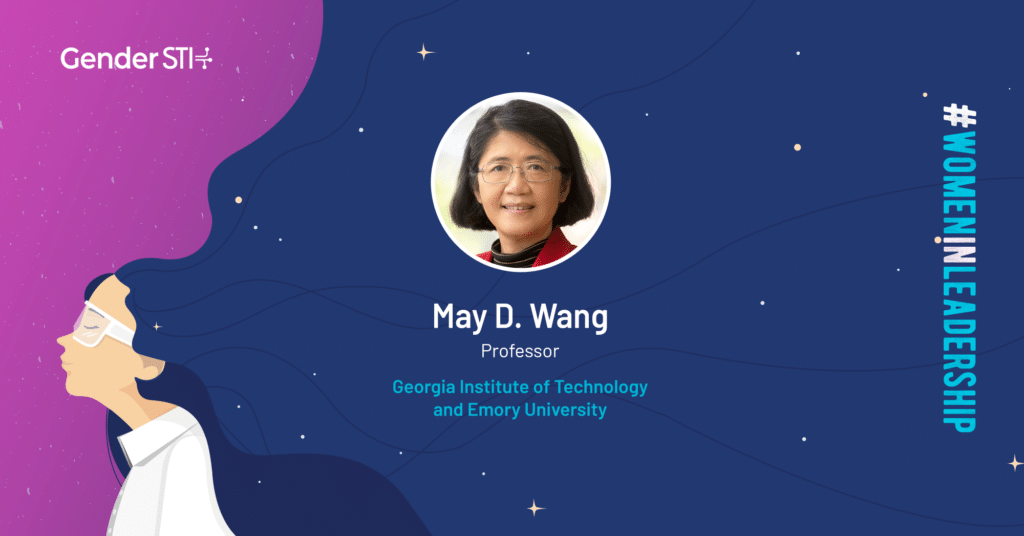
“I have faced many challenges early on in my career. I received my MSCS and Ph.D. degree in Electrical and Computer Engineering from Georgia Institute of Technology more than 20 years ago. At that time, the percentage of women Ph.Ds. was low. Initially, my voice was ignored often.
Then when I was recruited back to Georgia Institute of Technology with my husband as a two-body hire into Emory University, I was still called his wife more often than I was called Professor Wang. I overcame these challenges by doing three things I learned: be nice, be assertive, and be extremely technically competent by working doubly hard.”
Wang is a professor at the Georgia Institute of Technology and Emory University and director of the Biomedical Big Data Initiative.
22. Rachel Chikwamba: Don’t Let Anybody Limit You
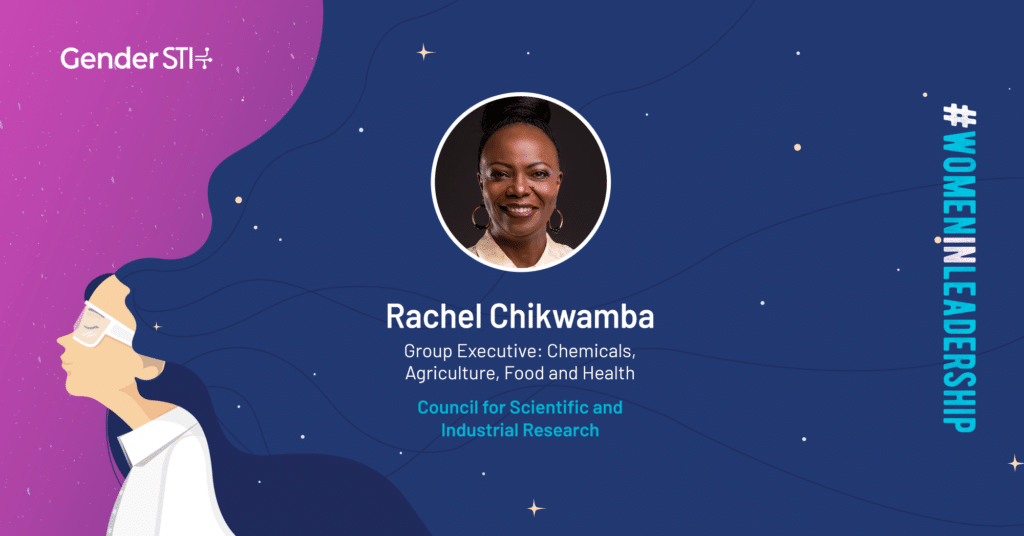
“The sky is the limit, and that gender has nothing to do with their possibilities. In fact, I would point [young girls and women] to role models in the space and encourage them to not be self-limiting. If they are not self-limiting in their perspective and ambition, then certainly no one has the right to limit them. They should not allow it; they should make their dreams real and claim their spots in the fields of their dreams!”
Chikwamba is the Group Executive: Chemicals, Agriculture, Food and Health at CSIR.

